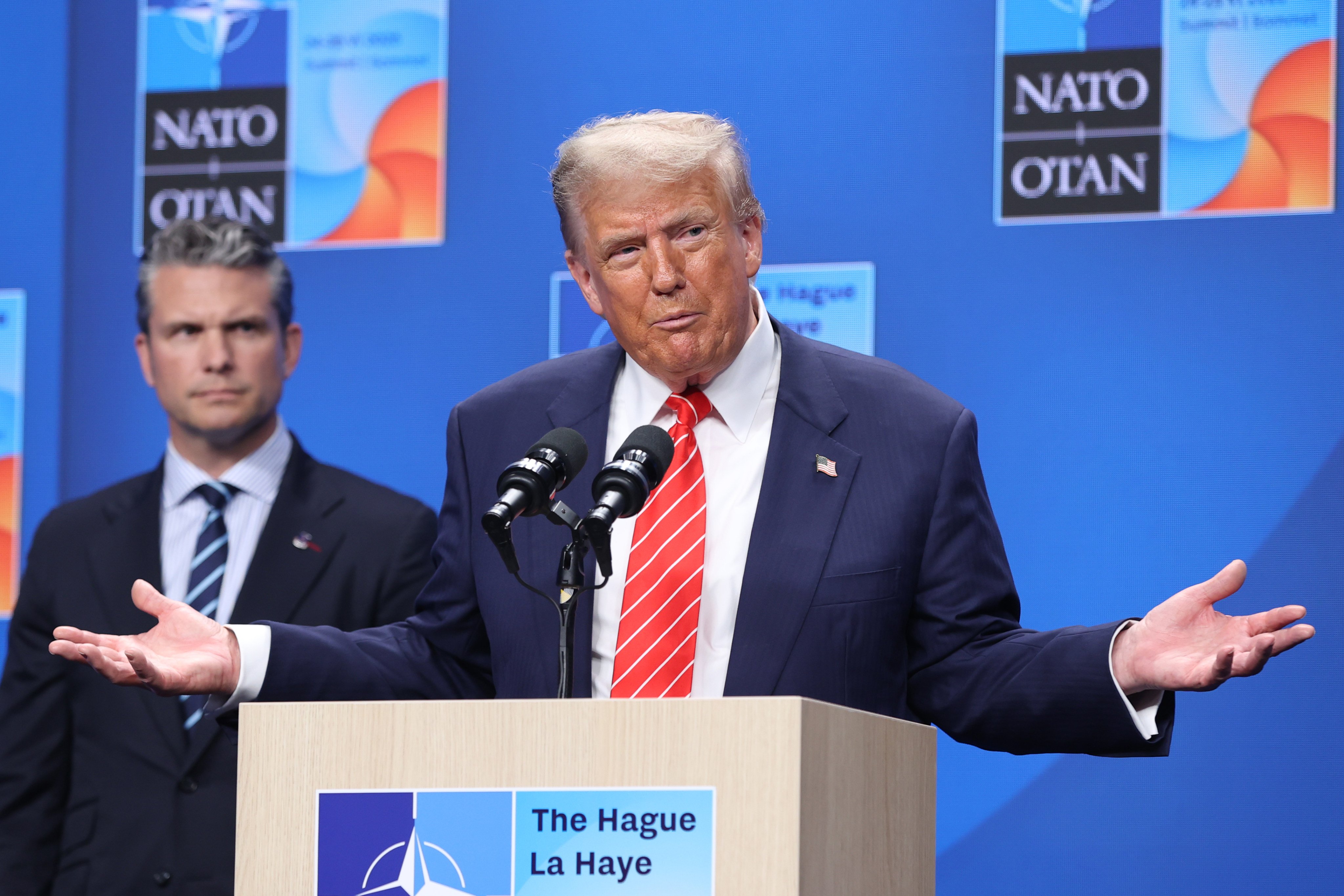If there is one theme that has dominated financial markets since US President Donald Trump began his second term, it is the future of “American exceptionalism”. This is the notion that US assets deserve to be valued more highly because of the US dollar’s role as the world’s pre-eminent reserve currency, America’s huge natural and human resources, deep and transparent capital markets and the dominance of US technology companies in global stock market indices.
Some investment strategists believe Trump’s ruinous trade tariffs, blatant disregard for the rule of law and irresponsible fiscal policies have chipped away at the perceived safe-haven status of US assets. The results of Bank of America’s latest global fund manager survey on June 17 showed investors had the most underweight position in the US dollar in 20 years, while more than half of the respondents expected global stocks – as opposed to US equities specifically – to be the best-performing assets in the next five years.
Yet while there are signs US exceptionalism is fading, the first five months of Trump’s second term have, if anything, thrown America’s unique advantages into sharp relief. US exceptionalism, particularly the natural resource and financial underpinnings, is amplifying the impact of Trump’s reckless foreign and economic policies.
A few years ago, the consensus among energy analysts was that an Israeli or US attack on Iran’s nuclear facilities would cause oil prices to exceed the record high of US$147 a barrel in July 2008 and potentially go as high as US$200 or US$250 a barrel. Such a scenario was viewed as the mother of all oil supply shocks, given the Middle East’s central role in global crude production.
Yet even after the United States joined Israel’s bombing raids and struck Iran’s nuclear facilities, Brent crude, the international oil benchmark, stands at US$67 a barrel. That is about 10 per cent lower than on June 13, when Israel went to war with Iran.
Several factors are at work, notably a fragile ceasefire between the two foes. The most important one, however, is the US shale boom that has transformed America – which was a net importer of oil as recently as 2019 – into the world’s biggest oil producer, accounting for more than a fifth of global output.
This far-reaching shift in oil markets has broken US dependence on Middle Eastern oil and delivered huge amounts of cheap energy to drive growth. Moreover, the boom in hydraulic fracturing, or fracking, has significantly enhanced Washington’s leverage over oil exporters such as Iran.
While energy dominance gives Trump more geopolitical room for manoeuvre, he has overplayed his hand. Higher tariffs have driven up input costs for shale producers amid fears of a supply glut, forcing companies to cut spending and idle drilling rigs. If oil prices fall further, shale producers will struggle to break even and could have to cut output, bringing an end to a boom under a president who pledged to unleash more drilling and production.
Furthermore, Trump is deluding himself if he thinks the bombing of Iran’s nuclear facilities will pave the way for a normalisation of relations between Iran and Israel. While many analysts believe Iran cannot afford to close the Strait of Hormuz – an important chokepoint for global oil supplies – since it is vital to Iran itself, desperate times call for desperate measures. Oil supremacy could yet backfire on the US.
US dollar hegemony, however, is less vulnerable. While global investors seek to diversify their portfolios away from the US amid concerns about the safety of US assets, the fact remains that the S&P 500 equity index stands less than 1 per cent below its all-time high, the US dollar index has been relatively stable since the end of April and the yield on 10-year US Treasury bonds is at 4.3 per cent, lower than when Trump began his second term.
While multiple factors are at work – not all of them positive – the jury is still out on whether US exceptionalism is coming to an end. This is mainly because of the dominance of the US dollar and Treasury bonds, the keystones of global trade and finance that have allowed successive US administrations to run large current account and fiscal deficits.
This “exorbitant privilege” is allowing Trump and the Republican Party to get away with murder. Any other government in a leading economy that pursued such reckless and damaging economic policies would have been severely punished by markets. Dollar hegemony is sustaining Trump’s agenda, casting doubt on whether markets can act as an effective check on his policies.
Yet here again, Trump has gone too far. The safe-haven appeal of US assets has suffered significantly in the past several months. That the independence of the US Federal Reserve is now in question shows the extent to which the credibility of US policymaking has eroded.
The total lack of restraint in fiscal policy has emerged as a bigger threat to US markets than tariffs. Trump’s tax-and-spend legislation currently working its way through Congress would add trillions of dollars to an already-ballooning fiscal deficit, increasing the risk that foreign investors will demand a higher risk premium to hold US assets. The prospect of a “revenge tax” on companies and individuals from countries whose tax policies the US deems discriminatory heightens the risks further.
Trump is convinced the US economy and markets are strong enough to cope with the disruption and uncertainty his policies engender. He might be right. What is clear, however, is that America’s unique advantages are contributing to Trump’s recklessness.
